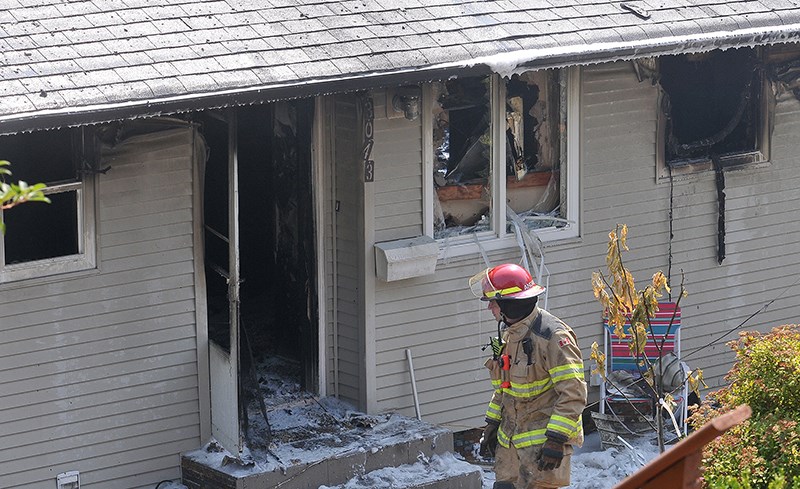The Editor,
Re. “Do we really need three cities — and big costs?” (Letters, The Tri-City News, July 20).
While I understand the frustration of taxpayers, I also believe that amalgamation might be an answer to the frustration of ever increasing taxes.
In reality, amalgamation of municipalities is usually a process forced onto municipalities by a provincial government. In the high-profile cases of the Toronto and Halifax amalgamations, both were forced onto these communities by their respective provincial governments.
It has been well researched and conclusions have indicated it to be an expensive and controversial process. Amalgamation of communities is well studied and while there are a couple of advantages, the Metro Vancouver model of regional boards is more productive; the studies have shown that municipalities and their local governments are effective and more responsive to the many complex issues in their communities.
Having said that, there are efficiencies and duplications that can be addressed that show considerable cost savings. There are extensive documents supporting a regional police force.
As well, in the Tri-Cities, we have three fire chiefs and nine deputy chiefs while Vancouver and Surrey have one chief, three to four deputies and four times the fire halls and manpower each.
The extensive duplication in the Tri-Cities and the lack of foresight by our local council members and mayors fosters taxpayer pushback. We all buy equipment, salt for winter roads, lumber, etc. but we show little cooperation to share services and be respectful to taxpayers.
Amalgamation of communities is not the answer.
Shared services and elimination of duplication and waste is the way forward. Many politicians are successful small business persons but when they transition to civic politics, they forget about contracting out, competitive bidding, the advantages of shared services and duplication, and build a large middle management structure.
These things would not occur in their own businesses, otherwise they would fail.
Electing local politicians who are willing to think outside the box is the only way to move forward.
Taxpayers need to ask the tough questions come election time this fall and ensure we elect officials who respect taxpayers and our limited resources.
Geoff Taylor, Port Coquitlam



